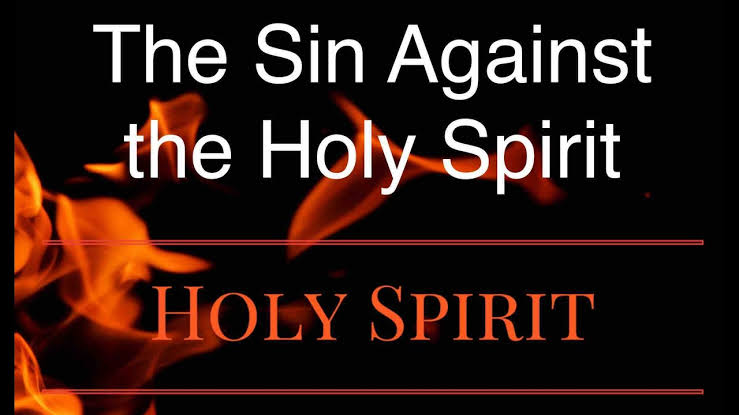Rev.
Fr. Emmanuel Emenike Onyia.
EXPERIENCING
TRUE CONVERSION IN OUR DAILY EVENTS OF LIFE
I
don't know if you have ever had an experience that made you realize the
emptiness of this life, a kind of experience that turns pride into humility,
sinfulness into righteousness, an experience that changes your perspective
about things or people. This is because there is something deep and unique about
every person, sometimes it takes personal experience to discover this
uniqueness.
This
is evident in our first reading today as we celebrate the feast of the
conversion of St. Paul, an event that prompted me to reflect on my personal
experience of God. I am confident enough to tell you that every day is an
opportunity to encounter God through different events that occur in our lives.
This
is the kind of experience that Saul had with Jesus that made him realize the
emptiness of his life and how wrong he was, fighting against God’s people. For
Saul was a young and zealous Pharisee who was deeply involved in the
persecutions of early Christians. He was present at the moment when St. Stephen
was martyred and stoned to death. Saul was also a leading figure among the
Sanhedrin in their attempt to destroy the Church and the followers of Christ,
for he went from place to place and carried out violent attacks against the
followers of Christ until he encountered the Lord on his way to Damascus.
This
very encounter brought true conversion in his life and changed his perspective
about Christians. This encounter gave him a new identity, changing his name
from Saul to Paul. A name indicating his new mission. A mission he so carried
out with all his zeal and passion that he is regarded as one of the apostles
and today his works still speak about the effect of his personal encounter with
Jesus.
So,
in the life of St. Paul we see a fulfilment of the command of Jesus in
our Gospel passage today when he said to his disciples, ‘Go out to the whole
world; proclaim the Good News to all creation. He who believes and is baptised
will be saved; he who does not believe will be condemned.
Dear
friends, as we celebrate the feast of the Conversion of St. Paul, we are called
to reflect on our conversion. Today like St. Paul, we are called to reflect
on our personal experience with God. How have we personally experienced God?
When was your spiritual turning point? Do we have a personal conviction about
God that is not based on what people told us of him? We need to pray to have an encounter
with the Lord that will help us experience true conversion in our daily events
of life.
Remember
that by virtue of our baptism, we are called to share in the same ministry
and calling that St. Paul himself had received from the Lord. So, in case you
have not personally experienced the Lord, all you need to do is to sincerely
seek God in those common events in your life and you will realize how much God
is willing to reveal himself to you.
LET US
PRAY: Lord God, we really need to have a personal encounter with your presence in
our lives. As we reflect on the encounter and conversion of St. Paul, may we
experience your presence in a unique way and through this experience discover
our purpose and mission in life. We ask this through Christ our Lord. Do have a
blessed and favourable week.
.jpeg)
.jpeg)








.jpeg)